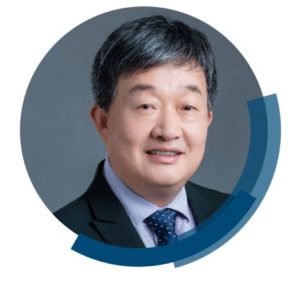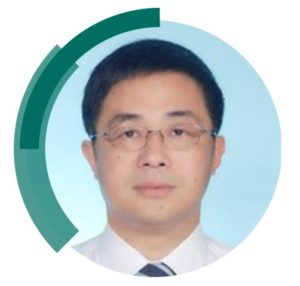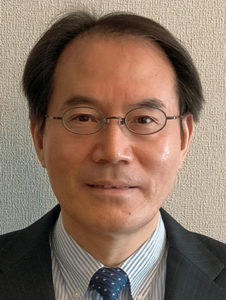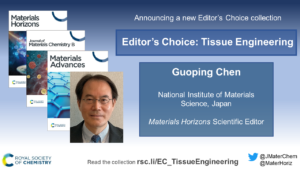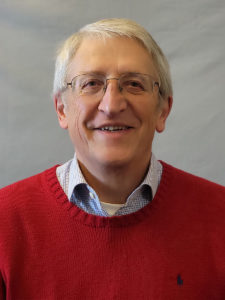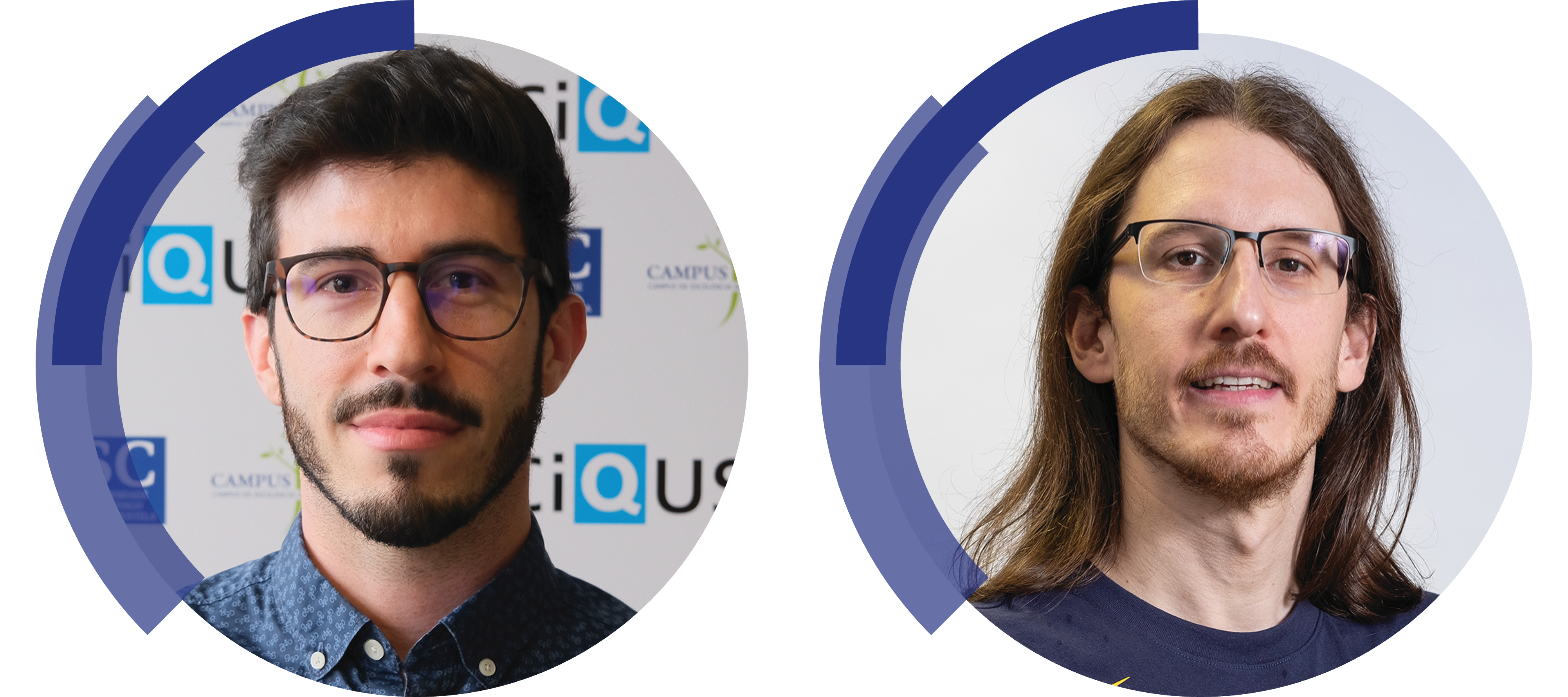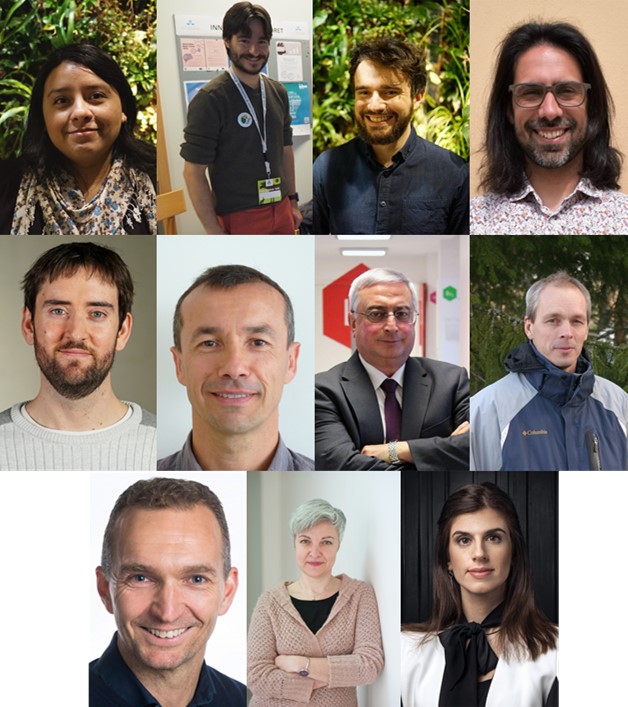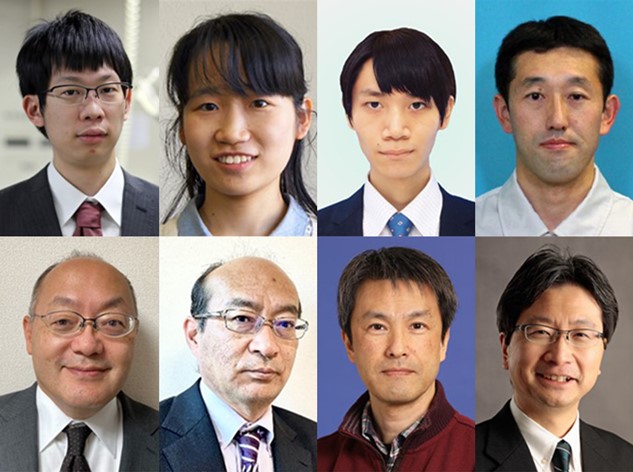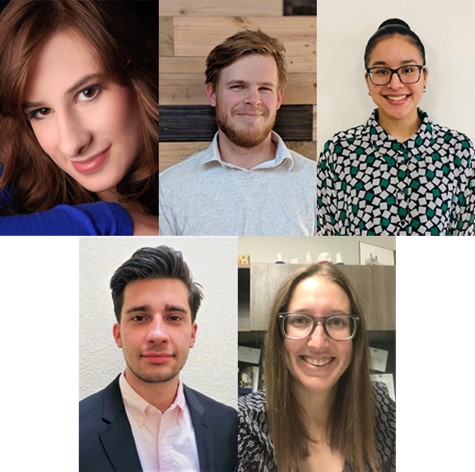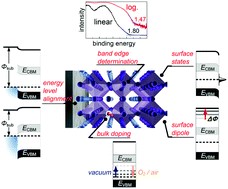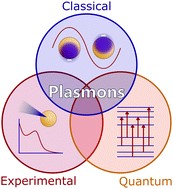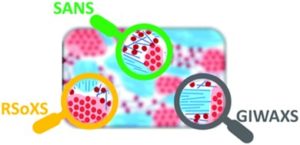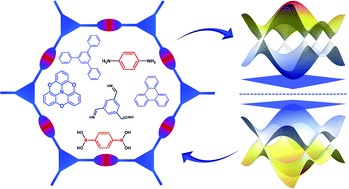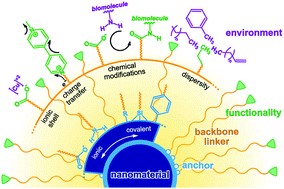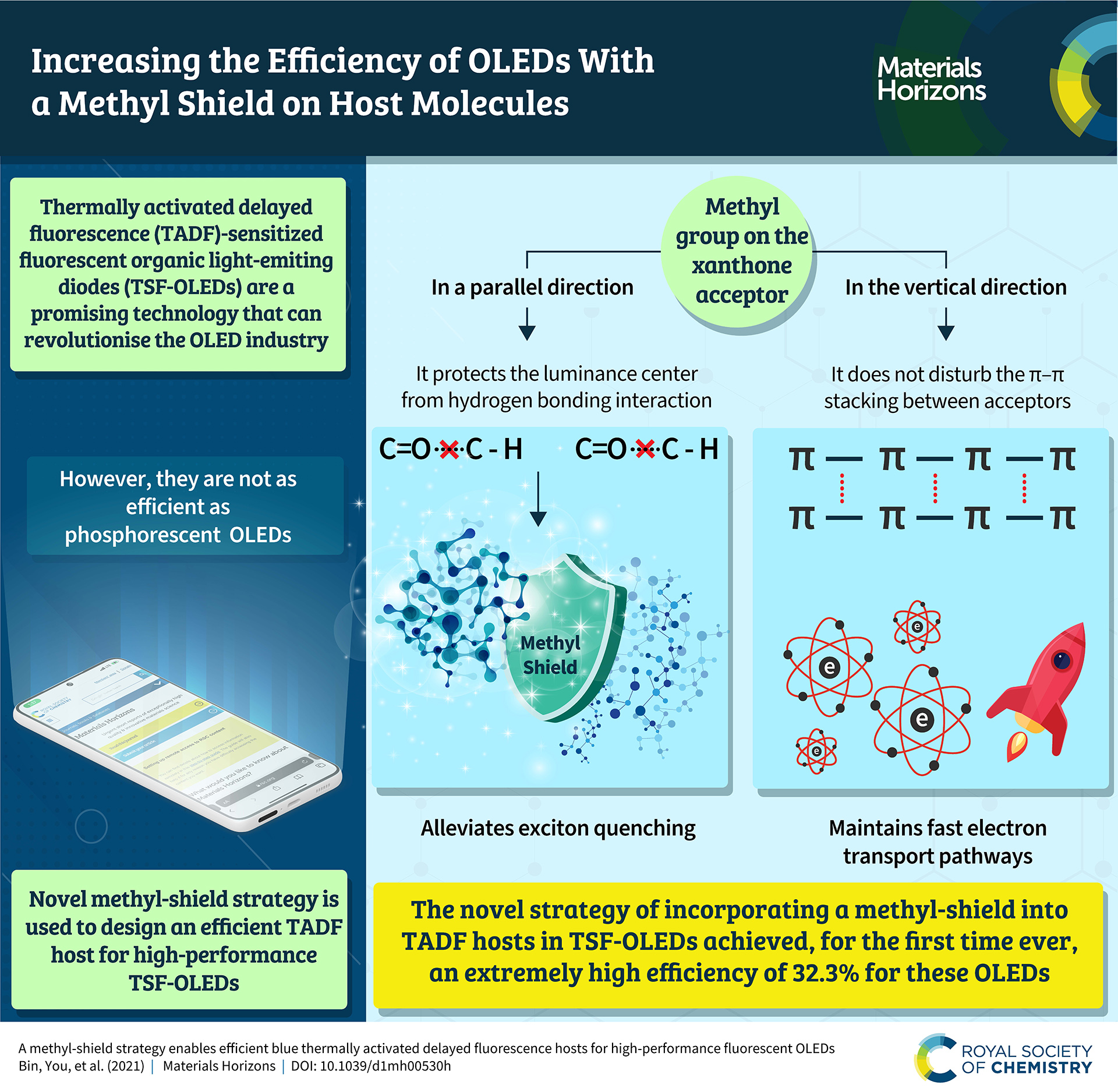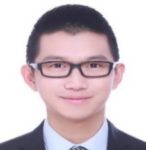Materials Horizons are delighted to welcome Dr Yi Long from Nanyang Technological University in Singapore as a Scientific Editor.
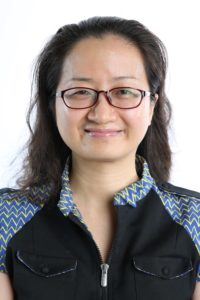
Yi Long received her PhD in Materials Science (2005) at Cambridge University with the full scholarship of Overseas Research Scholarship (ORS), United Kingdom Cambridge Trust and Graduate Scholarship of Selwyn College. She started as a Teaching Fellow in Nanyang Technology University Singapore in 2005 with focus on Lab-to-Fab technology transfer for industries. She successfully delivered three technologies include one coating process to Seagate Technology, the leading hard-disk company in the world. From 2011, she changed her title as lecturer and started her academic research center on smart materials and devices.
Her group currently focuses on two main topics; the integration of organic and inorganic smart materials with (1) energy saving applications, and (2) novel advanced functional devices. She has received several awards including the TechConnect Innovation Washington (2016), National Research Foundation Proof of Concept grant (2015), Minister of Education Tier 2 (2021), GreenAwards Top 3 London (2022). She is a Fellow of the Royal Society of Chemistry.
Read our interview with Yi below.
1. What attracted you to pursue a career in materials science and how did you get to where you are now?
My first degree is mechanical design with some courses covering materials fabrication, property, and utilization. When I was offered a scholarship in Singapore, I specialized in electronic materials. I enjoyed the process of making a new piece of material as it felt like creation. After my masters training, I worked as a lithography engineer in a top semiconductor company with good job potential, but a full overseas research scholarship by Cambridge University attracted me. Without much hesitation, I quitted my industrial job and my long journey of research embarked. My PhD training was using self-made ultra-high vacuum system to fabricate superlattice structure and studying its strengthening mechanism. It was tough. I remembered my daily lab work, spending two days carrying 10 KG flange to deposit one single sample and many hours in the dark TEM room to fathom why. My supervisor Dr. Bill Clegg was passionate about research. He sat next door and greeted us every morning cheerfully “Anything new?”. The PhD training did lay a solid foundation. What made it more unforgettable was pubbing, garden party and formal halls.
2. Why did you choose to specialize in your specific research field?
I have a unique career. Different from many researchers, after I graduated from Cambridge, I did not attend postdoc training. I was offered a job in Singapore as a teaching fellow to reunion with my husband-to-be. For the first six years of my career in Singapore, I focused on transferring technologies to local industries. I am happy that I have succeeded a few including one solution coating process to Seagate Technologies, the leading hard disk company in the world. After four years of hard work, a production line was set up. Although such work gave zero publications, it was rewarding. Industry and academic speak different languages. I am lucky that I am bilingual.
In 2011, I changed my title to Lecturer and was awarded one research program by National Research Foundation Singapore to specialize in thermochromic smart window. It was a humble beginning, with only one part time PhD student funded for the first three years. Like all the other colleagues in the world, the beginning is always most gruelling.
3. What do you see as the most important scientific achievement of the last decade?
This is a big question. I could only say, in my own research field, radiative cooling could be considered as one of the important as it spontaneously radiate long-wave infrared to the cold outer space. This could be one of the important solutions to global warming. There are many pioneer workers there, Profs. Fan Shangkui, Yin Xiaobo, Hu Liang Bing, Yang Ronggui and many more. The research community never stops exploration. “Don’t be afraid of boundless truth, there always exists joy in any step taken.” (Dr Hu Shih, Public Intellectual)
4. What excites you most about your area of research and what has been the most exciting moment of your career so far?
Buildings consume about 40% of global energy and window, one of the least energy-efficient parts, accounts for as high as 60% of energy loss in the buildings. In the United States, the window-associated energy consumption in buildings was estimated at 4% of nation’s total primary energy usage. The potential that I may contribute to this grand challenge excites me.
We started our research with radiative cooling regulated window in 2019. At the initial proof of concept stage, we designed outdoor experiment to convince that we were in the right track. Singapore is a tropical country. The data for summer season were readily accessible and predictably good. We need find a place to simulate the winter scenario. Singapore has a Snow City with the indoor temperature below -5 oC. We asked the special permission to do the experiment before the opening hour. My students Dr. Wang ShanCheng and Zhou Yang had to finish everything within 3 hours. When we saw the “room temperature” was higher than the commercial product, the three of us were thrilled. The day after we finished the experiment, the Snow City was sadly closed due to Covid lockdown.
5. What is your favourite reaction or material, and why?
Vanadium dioxide and hydrogel. Both have profound science behind and great potential to be commercialized. I have spent one decade, trying hard to understand them more. Both materials are smart as they could give fascinating response with external stimulus automatically. I worked with heat stimulus most of the time. Such passive response of these two materials simply the device design and cut down the cost. Less is more.
6. Which of your Materials Horizons publications are you most proud of and why?
Materials Horizons 8 (6), 1700-1710, 2021. Vanadium dioxide (VO2) is a unique active plasmonic material due to its intrinsic metal–insulator transition, Dr Ke Yujie, my PhD student, experimented a new method to tailor the VO2 surface plasmon by manipulating its atomic defects. With the excellent collaboration with Prof. Sun Zhimei, this paper developed a quantitative understanding based on different representative defective VO2 systems. We further demonstrated the unconventional plasmonic applications including energy-saving smart windows, wearable camouflage devices, and encryption inks.
7. What attracted you to join the Editorial Board of Materials Horizons?
My submissions to Materials Horizons were not all smooth. I remembered one of them had one negative comment and the paper was rejected initially. I appealed and the editorial DID listen. The editorial team is professional and open minded. I admire profoundly.
8. What is your biggest passion outside of science?
Reading and Movies. When I was young, there were not much entertainment, reading and watching movies were my hobbies. Science is more about logical and rational reasoning. Humanities is about empathic understanding. I need balance my academic life with other horizons. We human can “see” the black holes, navigate the deepest sea, transmit data in light speed and even transform ourselves into immortal cyborg. How about humanity?
9. Why should young people study chemistry or related subjects?
Creation. We synthesis, characterize and analyse. Materials shape the evolution of human civilization from Stone, Bronze, Iron to Silicon. What is next? It’s open to generations of materials scientists.
10. What impact do you feel that your area of research can make over the next 10 years?
Paris treaty aims to hold the increase in the global average temperature to “well below” 2°C above pre-industrial levels. It is our scientist moral obligation and social responsivity to take actions. My research is focused on smart materials and device, but majority work is with smart window. There is not much technological advancement of commercial windows for many years. I do hope more breakthroughs could happen to bring the new window in the household with more functionality and much less carbon footprint.
Submit to Materials Horizons now! Check out our author guidelines for information on our article types or find out more about the advantages of publishing in a Royal Society of Chemistry journal.
Keep up to date with our latest articles, reviews, collections & more by following us on Twitter, Facebook or by signing up to our E-Alerts.
Comments Off on Introducing Yi Long as a new Scientific Editor on Materials Horizons


